
Pasteurized vs Unpasteurized vs Heat Treated Cheese (what you need to know!)
Here at Cheesyplace, some of the most commonly asked questions we receive relate to the topic of pasteurization.
There are differing opinions and concerns on both sides around this somewhat controversial subject. So how do you know what to eat and what to avoid?
The good news is that we are going to break it all down for you here! By the end of this article you will understand what is pasteurized cheese, what is unpasteurized cheese, and what is heat-treated cheese.
You will also learn the differences between cheeses made with these different milk types, along with the corresponding laws that regulate the industry, and why certain makers use unpasteurized or "raw milk" to create their cheeses.
So let's dive in!
Quick links:
- The differences between milk types
- The rules
- What are the laws in Canada?
- Pasteurized cheese
- Unpasteurized cheese
- Heat-treated cheese
- Things to consider
- Try some for yourself!
So what's the difference between the 3 milk types?
Simply put, the differences between pasteurized, unpasteurized, and heat-treated milks lie in the temperature to which the milk is heated.
You might ask yourself, "why isn't cheese just always pasteurized"?
Well, it's a bit complicated. There are so many factors that surrounds this much argued topic. History, tradition, food safety, laws, technique, logistics, flavour, and more all play a part when a manufacturer decides which type of milk to use.
So let's find out more about pasteurized vs unpasteurized cheeses in Canada.

The Rules
The "war" that exists between cheese enthusiasts and law makers stems from the safety aspect of selling unpasteurized cheese.
The unpasteurized, raw milk cheese advocates argue that it's been made safely for centuries, and that possible negative health effects are very uncommon. After all, raw milk cheese is sold widely throughout Europe and they've survived!
Pasteurized cheese supporters highlight the perceived dangers of selling unpasteurized cheese on a mass market scale.
Both sides have valid arguments which need to be considered and addressed. And the rules around unpasteurized milk cheese in Canada are the result of this consideration.
So what are the laws in Canada?
In Canada, domestic or imported unpasteurized cheese, or raw milk cheese is legal to be sold, but must be aged for at least 60 days before retailers are allowed to sell it. By this time, it is considered safe as any potentially harmful bacteria will have died off naturally.
While this is certainly better than nothing, soft cheeses, such as brie, are at their prime after being ripened for only 20-30 days. This means that most Canadians have never tried authentic versions of these types of cheeses (other than those lucky enough to have tried some while on vacation in Europe!).
So now that you understand the regulations, let's get into a little more detail about each cheese type and why one might be chosen over the others.
Pasteurized Cheese
So what is pasteurized cheese?
When manufacturers produce pasteurized cheese, the milk is first heated to approximately 65° C (149° F).
This process kills off any pathogenic bacteria that could be potentially harmful. Treating the milk with Pasteurization is considered more efficient on a large scale, as there is less care necessary in the milk collection stage where bacteria from the cows runs rampant. Pasteurizing the milk also extends the shelf life of dairy products.
Although pasteurization does kill off harmful bacteria, it also kills the good bacteria that gives some raw milk cheeses their unique, complex flavours.
You'll find that most of the cheeses we have available today in Canada are pasteurized.

Pasteurized cheeses from Spain and Holland
Unpasteurized Cheese
Some industry experts believe that the enzymes in raw milk cheese are healthier and help us digest it easier.
Because there is so much at stake, cheese producers making raw milk cheese need to be very vigilant during the manufacturing process. It is generally the smaller makers of high quality, artisanal cheeses that produce unpasteurized cheese.
These producers are doing it for the love of the craft and tradition.
As mentioned earlier, in Europe, they’ve been eating unpasteurized raw milk cheese for centuries.
Pasteurization has only been used since the early 1900s. Before that, all cheese was made from raw milk.
Heat-treated Cheese
What is heat-treated cheese?
When making heat-treated cheese, the maker heats the milk to approximately 55° C (131° F) for about 15 seconds.
This method is considered to be a good balance between using pasteurized and unpasteurized milk, as the slow heating is considered enough to kill off any potentially dangerous bacteria, while still leaving most of the complex flavours that would have normally been destroyed at 65° C.
The rules for selling heat-treated cheeses are the same as the ones applied to unpasteurized cheese. Since the milk hasn't been pasteurized, any cheese made from heat-treated milk must be aged for at least 60 days before being available to buy as well.

Some things to consider...
Now that you understand the basics between the 3 milk types and why a manufacturer might choose one process over the other, you can choose which is right for you.
Although aged raw milk cheese is legal in Canada, there are certain people that we would recommend should avoid unpasteurized cheese—just to be on the safe side!
Pregnant women, the elderly, or people with a compromised immune system should avoid unpasteurized cheese.
While it is very possible that this group could eat raw milk cheese with no adverse side effects, we always recommend avoiding it. For peace of mind, if not for any other reason.
Our business and unpasteurized cheese
We source our cheese from small producers who care deeply about the product they create. These artisanal makers have the knowledge, ethics, and infrastructure to produce delicious healthy unpasteurized, pasteurized, and heat treated cheeses.
Try some for yourself!
Interested in delving deeper?
Here at Cheesyplace, we carry a wide range of pasteurized and unpasteurized cheeses. Below are a few examples of some of our popular favourites for you to explore.
Pasteurized
3-year-old Gouda Cheese - A delicious aged Gouda, with a texture similar to parmesan, but drier. A hard cheese with notes of sweet caramel. Made with pasteurized cow’s milk.
Kaltbach Creamy Cheese - Made with the finest Swiss cream, Kaltbach Creamy Cheese is so soft and smooth, it will just about melt in your mouth! If you enjoy a mature Gruyère, you'll want to try Kaltbach Creamy!
Chateau de Bourgogne Cheese - Imported from France, a very decadent, rich, creamy, buttery triple cream. Made with pasteurized cow’s milk.
Manchego Cheese 12 Month - This aged version of Manchego is matured to create a slightly firmer texture, similar to Parmesan. Flavours are acidic and nutty. Made with pasteurized sheep’s milk.
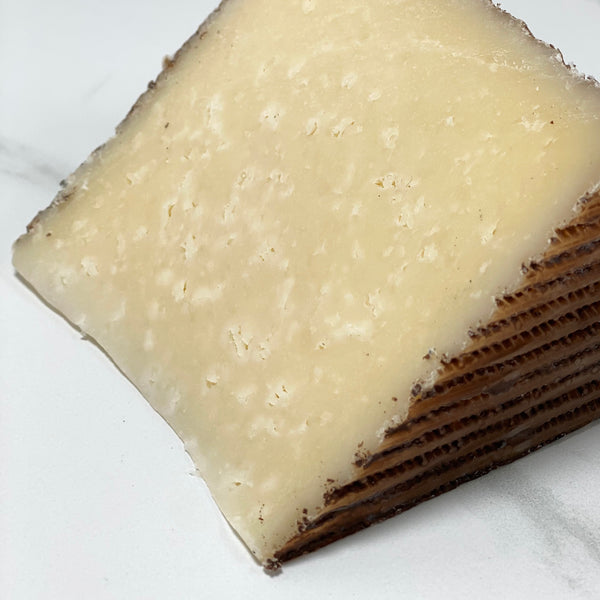
Stilton Blue Cheese - A famous English Blue cheese, that is loved around the world for its firm, slightly crumbly texture, but is smooth and buttery at the same time. Made with pasteurized cow’s milk.
Unpasteurized
Cave Aged Gruyère Cheese - Aged for over 12 months, this version of Gruyère packs a deeper, nuttier flavour, while maintaining its beautiful, smooth texture. Made from unpasteurized cow’s milk.
Cheddar Cheese Reserve 7-year-old - Made from unpasteurized cow’s milk, this delicious cheese is aged for 7 years. It has a strong cheddar flavour with nice crystallization. The ageing process and raw milk make this cheese deep and flavourful.
Mimolette Cheese Aged 24 Months - Mimolette cheese is surrounded by its own controversy, one of which being the fact it is made with raw cow’s milk. This rare and sought-after cheese is hard, with caramel and butterscotch flavour notes that develop as it ages.
Mimolette Cheese aged 24 Months
Roquefort Cheese - A well-known Blue Cheese made from unpasteurized sheep’s milk, it is very buttery, sweet, and sharp, all at the same time!
Comte Cheese Aged 24 Months - is a delicious French cheese, and has been one of our favourites for years. Like the Comte 12 month version, it features a firm, buttery texture, and sweet nutty flavour.
My closing thoughts...
First, I should be clear. Just because a cheese is unpasteurized doesn't automatically mean it's great. Plenty of master cheese makers have been able to create pasteurized cheeses that taste unbelievable, through skill and knowledge of the craft. I've also witnessed cheese makers take beautiful, fresh raw milk and turn it into something completely inedible!
Concerns regarding the safety of eating unpasteurized cheese for the average person should be alleviated through education.
Our raw milk cheeses are all aged at least 60 days and are considered perfectly safe to consume. Whether you want to eat unpasteurized cheese or not is your decision. And that's why we are lucky, we have a choice. It's available, and it's our decision.
I personally love unpasteurized cheese because of the complex flavour profiles and how they linger on the palette. However, I also love a wide variety of pasteurized cheeses made here in Ontario, Quebec, and around the world.
I hope this info was useful to everyone. If you have any other topics you want us to cover, please tweet, email or leave a comment on our Facebook page.
Vitali
Co-founder of Cheesyplace.com
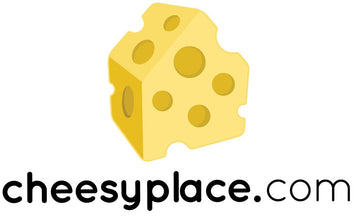
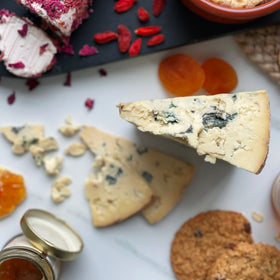

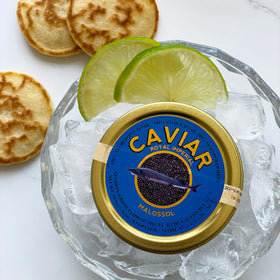

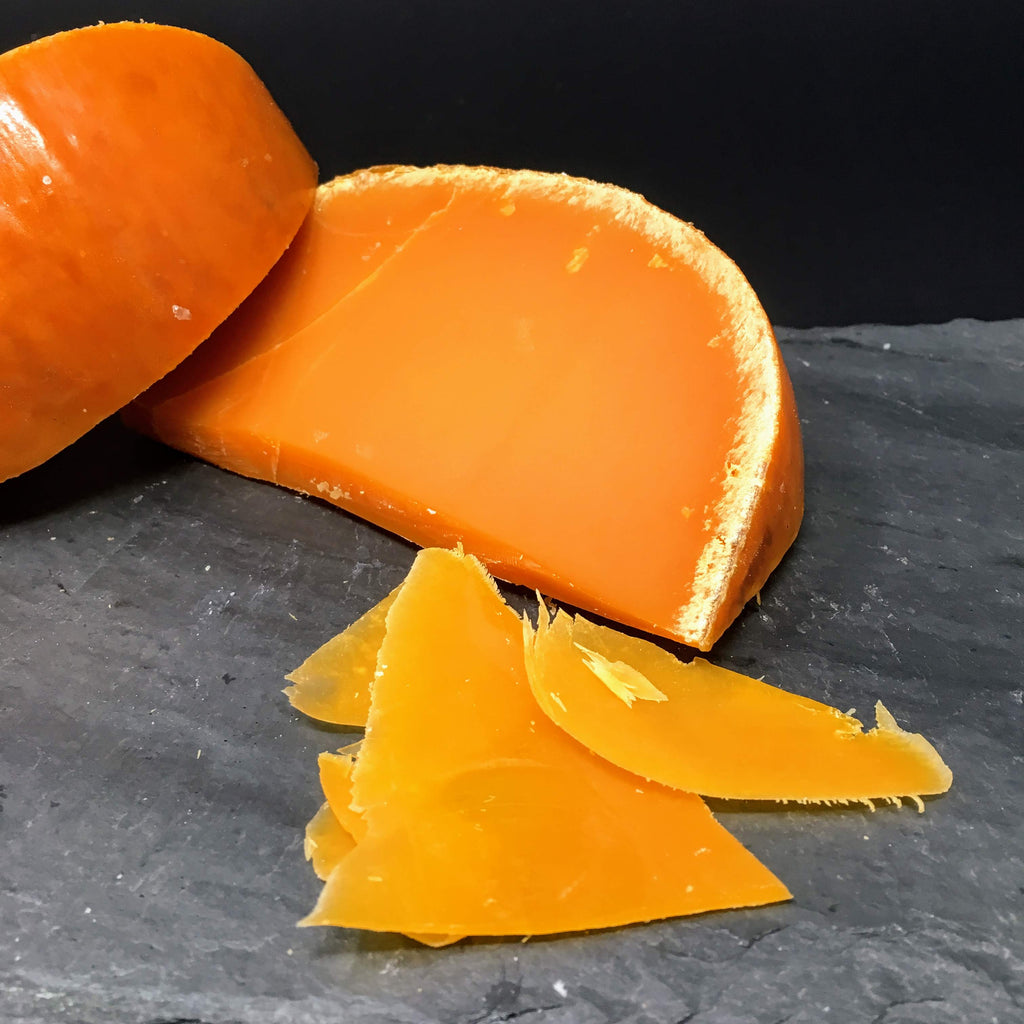
Comments
Leave a comment